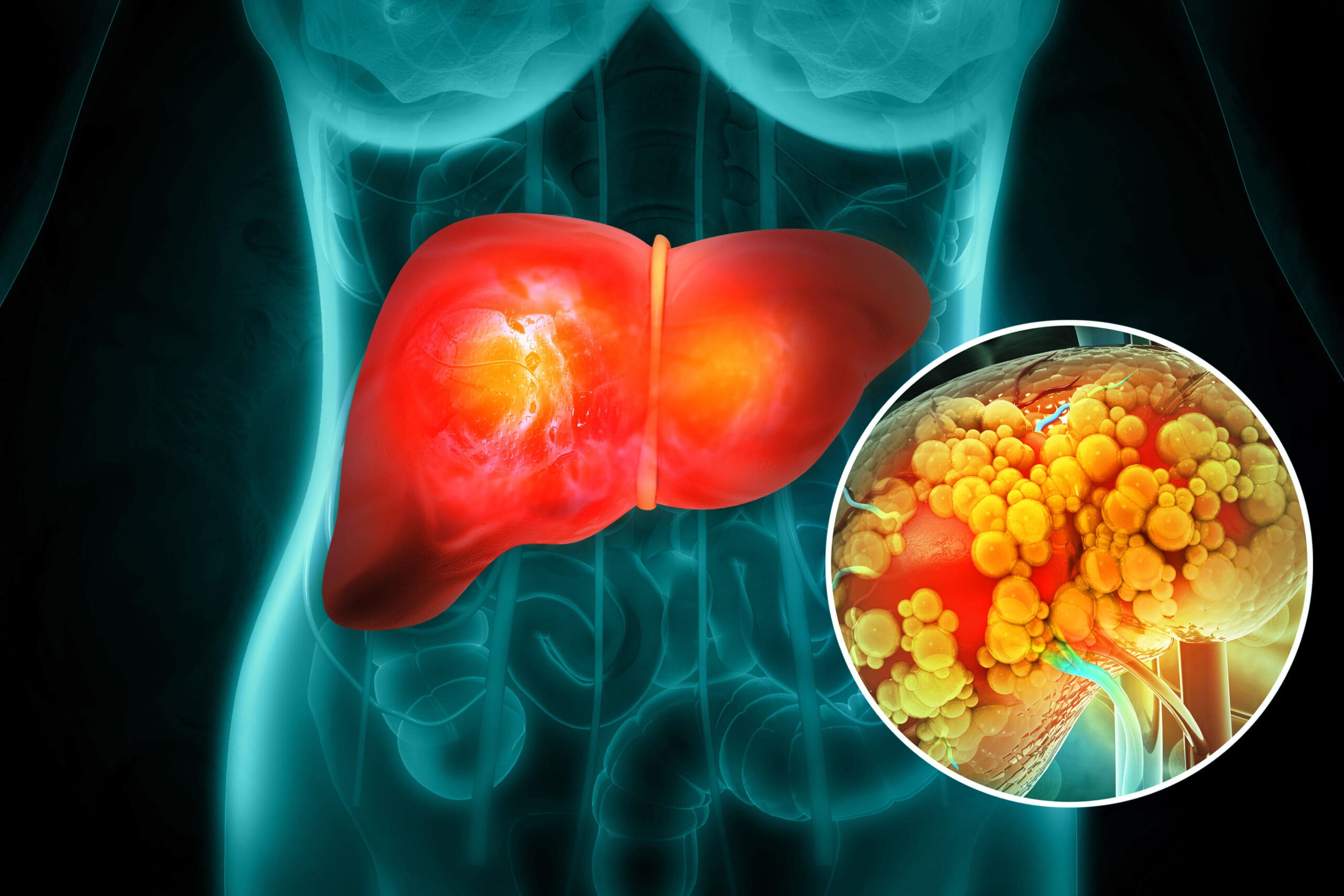Beat Stress Before It Beats You!
Modern living and stress seem to go hand in hand and it may come as no surprise that the effects of stress can have a significant impact on mental and physical wellbeing.
Until now, it has not been clear exactly how stress influences disease and health but one study shows the effects of stress on the inflammatory response in the body, while another study shows how early-life stress impairs learning and memory in later life.
In the first study, it was found that chronic psychological stress is associated with the body losing its ability to regulate the inflammatory response. The research shows how psychological stress affects the body’s ability to regulate inflammation in the development and progression of disease.
“Inflammation is partly regulated by the hormone cortisol and when cortisol is not allowed to serve this function, inflammation can become out of control,” said psychology Professor Sheldon Cohen of Carnegie Mellon University, South Australia.
Cohen stated that prolonged stress alters the effectiveness of cortisol to regulate the inflammatory response. In particular, immune cells become insensitive to cortisol’s regulatory effect and runaway inflammation is thought to promote the development and progression of many diseases.
Cohen’s earlier work showed that people suffering from psychological stress are more susceptible to developing the common cold. It was noted that symptoms are not caused by the virus – but instead a ‘side effect’ of the inflammatory response that is triggered by the body’s effort to fight infection. The greater the body’s inflammatory response to the virus, the greater is the likelihood of experiencing the symptoms of a cold.
“The immune system’s ability to regulate inflammation predicts who will develop a cold, but more importantly it provides an explanation of how stress can promote disease,” Cohen said. “When under stress, cells of the immune system are unable to respond to hormonal control and as a consequence, inflammation is produced that promotes disease. Because inflammation plays a role in many diseases such as cardiovascular, asthma and autoimmune disorders, this model suggests why stress impacts them as well.”
The effects of stress on cognitive wellbeing were demonstrated in another study where early-life stress can impair learning and memory in later life. It was found levels of methionine, vitamins B6, B12 and folic acid were reduced in those with early-life stress and that supplementation of those essential micronutrients were shown to help offset the negative effects of this stress on the body.
“Today’s children are tomorrow’s future,” said Aniko Korosi, PhD, a researcher involved in the work from the University of Amsterdam, The Netherlands. “We hope this study can contribute to novel nutritional strategies that help prevent lasting consequences of stressful childhoods on later mental health.”
Endocrinologist, Dr Hans Selye (1907-1982) in 1946 developed the fight-or-flight stress concept and mapped its physiology. He found that four organs are affected by stress: the adrenal glands (cortisol production), the thymus and lymph (immune system) and the gastric mucosa (digestive system).
During stressful periods in our lives, not only do we become adrenally exhausted and have difficulty fighting infection, we may also experience escalating digestive disorders and discomfort.
Stress can also do a fairly good job of wearing away the intestinal lining, resulting in a permeable gut wall (leaky gut) and all the associated systemic problems: for example, food sensitivities, fatigue, abdominal discomfort and bloating, joint and muscle pain and even headache and skin eruptions.
Health problems caused or exacerbated by stress include:
- Depression and anxiety
- Weight problems
- Auto immune diseases
- Skin conditions such as eczema
- Reproductive issues
- Pain of any kind
- Heart disease
- Digestive problems
- Sleep problems
- Cognitive and memory issues
However it’s never too late to change your lifestyle, to create a life less stressful. There are a number of changes you can employ to help manage your stress and optimise your wellbeing:
Eat healthy
Lean proteins, antioxidant-rich fresh fruits and vegetables and essential fatty acids from oily fish, nuts and seeds, all nourish your neurotransmitters. However, bear in mind there will always be periods in our lives when work pressures or family or study commitments mean we will need the added support of supplements and the gentle assistance of herbal medicine.
Nutrients
Magnesium – the adrenal glands responsible for fight-or-flight response also secrete additional cortisol under stress, which interferes with magnesium absorption. Stress creates a vicious cycle: it leads to magnesium deficiency and even a mild magnesium deficiency predisposes us to stress! Food rich in magnesium are beans and nuts, pumpkin seeds, whole grains such as brown rice and whole wheat bread and green leafy vegetables.
The B vitamins include thiamine, riboflavin, niacin, folate (also called folic acid or folacin), vitamin B6, vitamin B12, biotin and pantothenic acid. The B vitamins work collectively and individually in every cell to perform many different jobs, including helping the body release the energy it gets from carbohydrates, proteins and fats.
Some foods are especially good sources of just one B vitamin, while other foods contain several B vitamins. Luckily, B vitamins are widely distributed throughout the food supply, so if you’re eating a varied, balanced diet that includes foods from all food groups, you’re most likely getting as many vitamins as you need.
Vitamin C for the production of adrenal gland hormones – adrenalin and noradrenalin. Vitamin C foods include capsicum, dark leafy greens, kiwifruit, broccoli, berries, citrus fruits, tomatoes, peas, and papayas.
The highest concentration of vitamin C in the human body is found in the adrenal glands and the pituitary gland – why? Because these glands are our survival glands. Stressed people need a lot of vitamin C.
Herbal medicines which can be taken as herbal teas include chamomile, lemon balm and valerian and a range of different ginsengs for adrenal support.
Exercise regularly
A fabulous stress buster, exercise helps burn up excess adrenaline while releasing the ‘feel good’ chemical messengers, the ‘endorphins.’
Limit stressors – resist smoking, using alcohol or relying on drugs to deal with stress. This goes for coffee and soft drinks also that give you a jolt of caffeine and sugar that can play havoc on other body systems such as the digestive and the nervous systems. High sugar diets put an incredible amount of stress on the brain and endocrine system and as such offer no value to your body.
A certain amount of stress is unavoidable. We all have to deal with it. However it’s important to know when stress is having an adverse effect on your body – either physiologically or emotionally.
Sources:
Carnegie Mellon University. “How stress influences disease: Study reveals inflammation as the culprit.” ScienceDaily. ScienceDaily, 2 April 2012.
- F. G. Naninck, J. E. Oosterink, K.-Y. Yam, L. P. de Vries, H. Schierbeek, J. B. van Goudoever, R.-N. Verkaik-Schakel, J. A. Plantinga, T. Plosch, P. J. Lucassen, A. Korosi. Early micronutrient supplementation protects against early stress-induced cognitive impairments.
Books by Dr Sandra Cabot
- Magnesium: The Miracle Mineral
- Boost your Energy
- Tired of not Sleeping









Leave A Comment